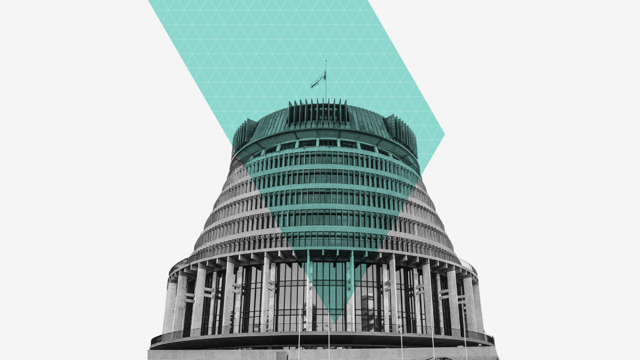Since early 2023 the Royal Commission of Inquiry into COVID-19 Lessons Learned (Royal Commission) has probed New Zealand's pandemic response and the lessons to draw for the future.
After talking to about 200 government agencies and selected businesses and community groups to date, the Royal Commission now invites wider public submissions and feedback as part of a two-fold process:
-
First, the Royal Commission wants to hear from a wide cross section of society so that it understands what worked well and did not work well during the COVID-19 response during the period February 2020 to October 2022. Assuming the inevitability of future pandemics, those insights will then contribute to the Royal Commission's recommendations to the Government.
- Second, the Royal Commission seeks public feedback on the Government's proposed expansion of its terms of reference.
Submission Topics
Submissions could cover any of the topics in the Royal Commission's wide terms of reference, including:
-
public health measures, such as MIQ and community isolation requirements, vaccination, pharmacy and testing measures, pandemic modelling and surveillance, and the COVID-19 alert level and traffic light frameworks;
-
non-pharmaceutical public health measures, including personal protective equipment and its procurement and distribution;
-
ensuring goods and services reached those isolating because of COVID-19, including government services like education and childcare;
-
the immediate economic response to the pandemic, in particular fiscal and monetary policy responses coordinated and implemented on a large scale and quickly, temporary financial support to individuals and businesses, and short term measures to sustain particular industries;
-
considering Māori interests and consistency with Te Tiriti o Waitangi; and
- considering the impact and differential support available to essential workers, populations, and communities that might be disproportionately affected by a pandemic.
Proposed topics to broaden the Commission's terms of reference
Last week the Government announced consultation on the following new topics to broaden the Royal Commission's terms of reference:
-
"Use of multiple lockdowns."
-
"Vaccine procurement and efficacy."
-
"The social and economic impacts on both regional and national levels."
-
"Whether the decisions made, and steps taken, were justified."
-
"The cost-effectiveness of the Government’s policies, and whether the rules set by the Government appropriately balanced COVID-19 elimination with other goals."
-
"The Government’s utilisation of partnerships with business and professional groups."
-
"The extent of disruption to New Zealanders’ health, education, and business as a result of the Government’s policies."
-
"If the Government’s response was consistent with the rule of law."
-
"How New Zealand’s pandemic preparedness compared to other countries."
The Royal Commission, on behalf of the Government, also invites feedback on these expanded topics before any changes are made to the scope of the Inquiry. As a result of this consultation, and ultimate decision on the scope of the terms of reference, the Royal Commission may be asked to look at additional aspects of the COVID-19 response.
Which businesses and organisations could consider making a submission?
Businesses and organisations operating in infrastructure, essential services, food and grocery, health, education, and utilities could all share useful insights to influence the Royal Commission's final recommendations. Generally speaking the Royal Commission's scope is limited when it comes to inquiring into the private sector – that said, under its current terms of reference, the Royal Commission can consider the operation of the private sector where the private sector delivers services integral to a pandemic response. It is possible that, under the Government's proposed expansion of the scope of the terms of reference, that the Royal Commission may be required to interrogate the private sector more closely.
More on the submission process
The Royal Commission has also outlined how it will treat any information it receives from public submissions. Public submissions will be kept confidential and non-publication and non-access orders apply to material received from submitters through the public submission process. The non-publication order is subject to the Royal Commission being able to publish themes arising from written submissions, materials or documents received.
Feedback provided on the terms of reference is not subject to these same processes, as it is provided to the Department of Internal Affairs and therefore subject to the Official Information Act and Privacy Act. Consequently, feedback provided may be released, either in summary form, in complete form, or with some material redacted or withheld under either of these pieces of legislation. In addition, the Department of Internal Affairs may publish a report or analysis of the feedback received.
The Royal Commission comprises the following two commissioners:
-
Professor Tony Blakely (chairperson) – epidemiologist at the University of Melbourne; and
-
John Whitehead, CNZM – former Secretary to the Treasury (Chief Executive).
Hon Hekia Parata, a former Cabinet Minister, announced her resignation as commissioner on 15 November 2023, with a further appointment to the Royal Commission possible.
When it comes to procedure, the Royal Commission operates in a non-adversarial way through private interviews and meetings, rather than public hearings.
Submissions and feedback are open until 24 March 2024. Further details about the submission process and deadlines are available here.
If you're considering making a submission please reach out to one of our experts listed below.



